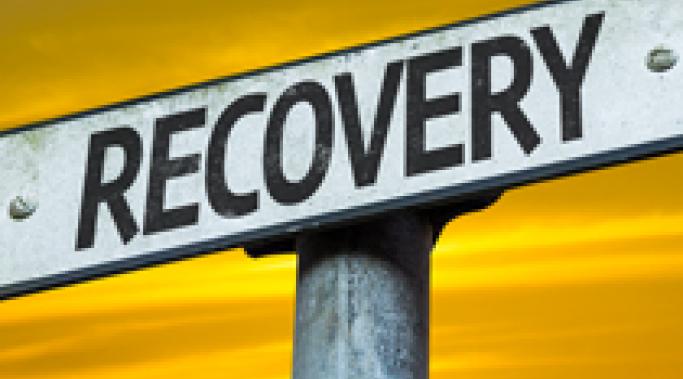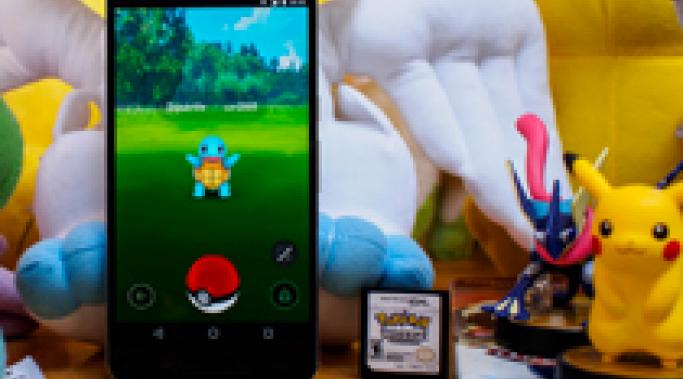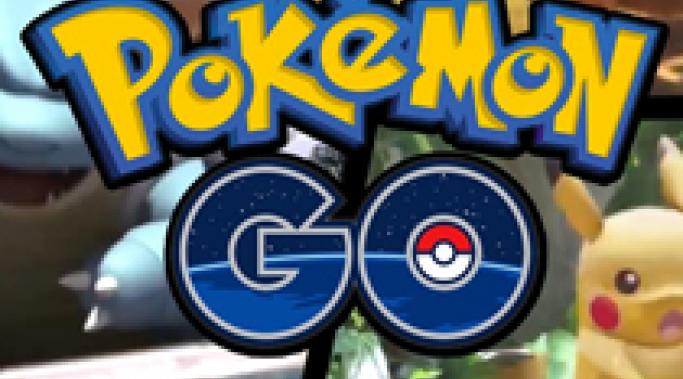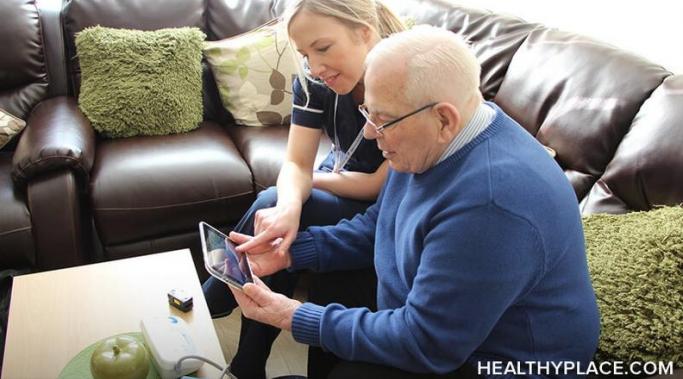Do you know how to recover from an abusive relationship? No one wakes up one day and says, "I think I'll fall in love with someone who abuses me." Most relationships don't become abusive, and most abusive relationships don't become abusive until the relationship is well-established. And lack of violence does not mean lack of abuse (Effects of Emotional Abuse on Adults). Breaking it off is the most dangerous part, but what comes after that? Do victims know how to recover from an abusive relationship?
Embracing Mental Health Recovery
Recovery from borderline personality disorder (BPD) is possible. I'm living proof. Recently, I ran across some old Facebook posts about moving into my own apartment and getting my own cell phone. That may not seem like much, but to me it's a huge victory. I am in recovery from borderline personality disorder--and I was once written off as a hopeless case. If I can recover from borderline personality disorder, so can you--you just need to find the right therapy, put in the effort, and recognize the small victories.
Pokemon Go has taught me many things about mental health coping skills. Coping skills are vital to recovery--they're the bricks and mortar of building a new foundation for your life (Coping Skills for Mental Health and Wellbeing). Coping skills vary by person, and one of mine is playing Pokemon Go (I have the weight loss, buff legs, and sunburn to prove it). Here is what Pokemon Go taught me about mental health coping skills.
Pokemon Go can help with mental illness recovery. Unless you've been living under a Kabuto the past few weeks, you're aware that Pokemon Go has gone viral (How a Video Game Gave Me My Life Back). But did you know Pokemon Go can help with mental illness recovery? Here are three ways Pokemon Go can help with mental illness recovery.
You may have many questions to ask your therapist when you start therapy. This is a good thing--you are entering treatment and you have a right to know what to expect (Should Psychiatric patients Have A Right To See Their Files?). You wouldn't go to any other kind of medical treatment without doing research into your condition, your treatment provider, and what your prognosis may be. So why should therapy be any different? Here are some questions to ask your therapist and why you should ask them.
Do you know how to get ready for a therapy appointment? Therapy, like an appointment for any medical condition, is much more efficient when certain steps are taken. However, since there is still a stigma attached to therapy, people might not know what these steps are. So here are some suggestions on how to get ready for a therapy appointment.
I was admitted to a psychiatric hospital for the first time in college. Because I went to an out-of-state university, my family was unable to help, so a friend took me to a psychiatric hospital. Both my family and my friend had concerns: How long was I going to be there? What was going to be done to keep me from committing suicide? What exactly could I expect? Here are three things families and friends need to know about psychiatric hospitalization.
This past week brought a lesson in how vital self-care is to mental health and mental health recovery. Self-care can be overlooked when we are suffering from depression or experiencing other mental illness symptoms. I have a dear old friend who many consider the sweetest person they’ve ever known or may ever know. This dear woman has always been the type who will go to the ends of the earth to help people, and not just friends and family.
I have a a four-year-old nephew, Landon, who is exhibiting traits of obsessive-compulsive disorder (OCD). He insists the blocks be arranged by color and cries when they are not. Autism has been ruled out, so the next suspect is OCD. But is it really OCD, or is it just a phase? How young is too young to make a diagnosis of mental illness? And when a diagnosis is made, at what age should treatment start?
Mentally ill people don’t have a pass on life’s crises. Wouldn’t it be great if The Universe said, "You are one who suffers daily. To make it fair, I hereby declare mentally ill people should be spared from life’s hardships?"









